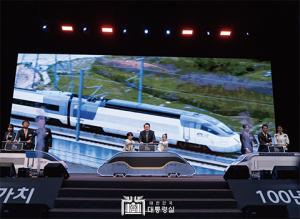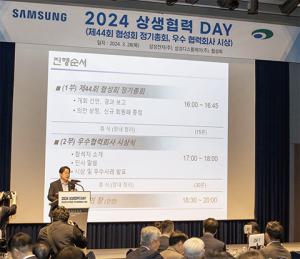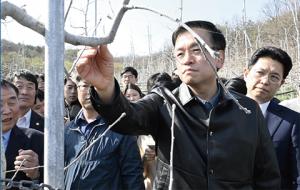 |
||
Geomancy, feng shui in Chinese, is an oriental theory that values importance of location of a building or things to stand on. In ancient people’s point of view, choosing a location of dwelling could be a life or death ability and we can carefully assume that feng shui might lay its root at this fear and develop into a systematic theory alongside yin and yang and energy, ki in Chines, theory.
At the dawning of the modern world, feng shui was received as a superstition and seemed to disappear from the stage. It makes many wonder that the science-driven western world recently pays a great attention to this unscientific oriental theory. Some companies in Germany, France and the UK reference geomancy to make their business thrive and it is well known story that a multinational family restaurant chain consulted a feng shui specialist for interior idea and design.
Professor Leerak Choi of Geomancy Academy of Korea University Institute for Continuing Education is one who has endeavored to spread practicality of feung shui to people. He explains it is built on statistics and inductive method and it is a study that helps us design a building and place in balance with surrounding environment. In this respect, his says, a feng shui specialist can be an environment coordinator.
One reason that feng shui is ignored by young one, he points out, is that the words used in the theory is made of difficult Chinese characters so they must be rewritten in easy terms. He also points out that feng shui is not about where we put our ancestor’s graves but about where we put our buildings and things as well as their layout.
김선중 기자 cid14@naver.com







